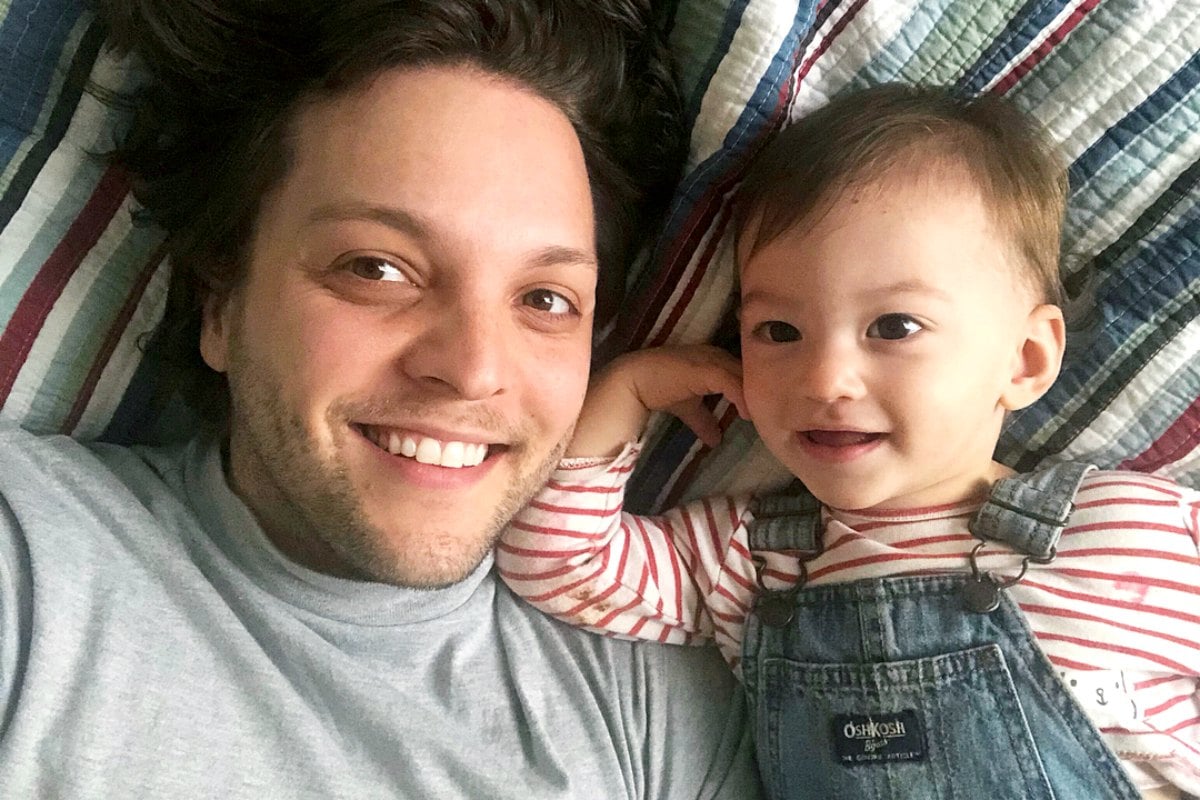
Picture this. It’s your 20-week ultrasound. You’ve already had three children, all of them boys, and today you’ll learn the sex of your fourth child.
The nurse comes into the room. She smiles and you smile back. A bit of chit-chat as she places the cold gel against your skin, grabs the probe, and begins the ultrasound. “Do you want to know the gender?” she asks.
“I do,” you say with hesitation. You’ve been telling yourself all week that this doesn’t matter. It shouldn’t matter. It’s a blessing just to have a healthy child.
You take a deep breath. The nurse beams. “IT’S A BOY!” she exclaims, as if you’ve won the lottery.
And your heart sinks. You force a smile onto your face. You’re going to have to lie and pretend, even those closest to you, that you weren’t really, really hoping for a girl this time around.
That’s how Mel from Northern NSW felt, at least.
Sean Szeps and Zoe Marshall discuss dealing with gender disappointment on our podcast The Baby Bubble.
I first learned of Mel’s story on Instagram when a mutual friend told me about her anxiety over feeling the “wrong way” about her baby’s sex. The condition has a name: Gender Disappointment. Spend any time on IVF Facebook groups or online forums and you’ll realise it’s a lot more widespread than we admit.
I could relate. I wanted boys and only boys. Mainly because I’m a gay man and was nervous about raising a girl without a female role model in the house. And much like Mel, I had painted a picture in my head of what my family would look like. Anything other than that would come as a shock. So when we had a daughter, I wasn’t upset. I was just really worried.
I asked Mel if she knew that she always wanted a girl, and she replied with “I always dreamed I’d have one of each.” Mel wasn’t shocked or worried like me, she was simply crushed. “I dreamt about her all the time.”




























































































